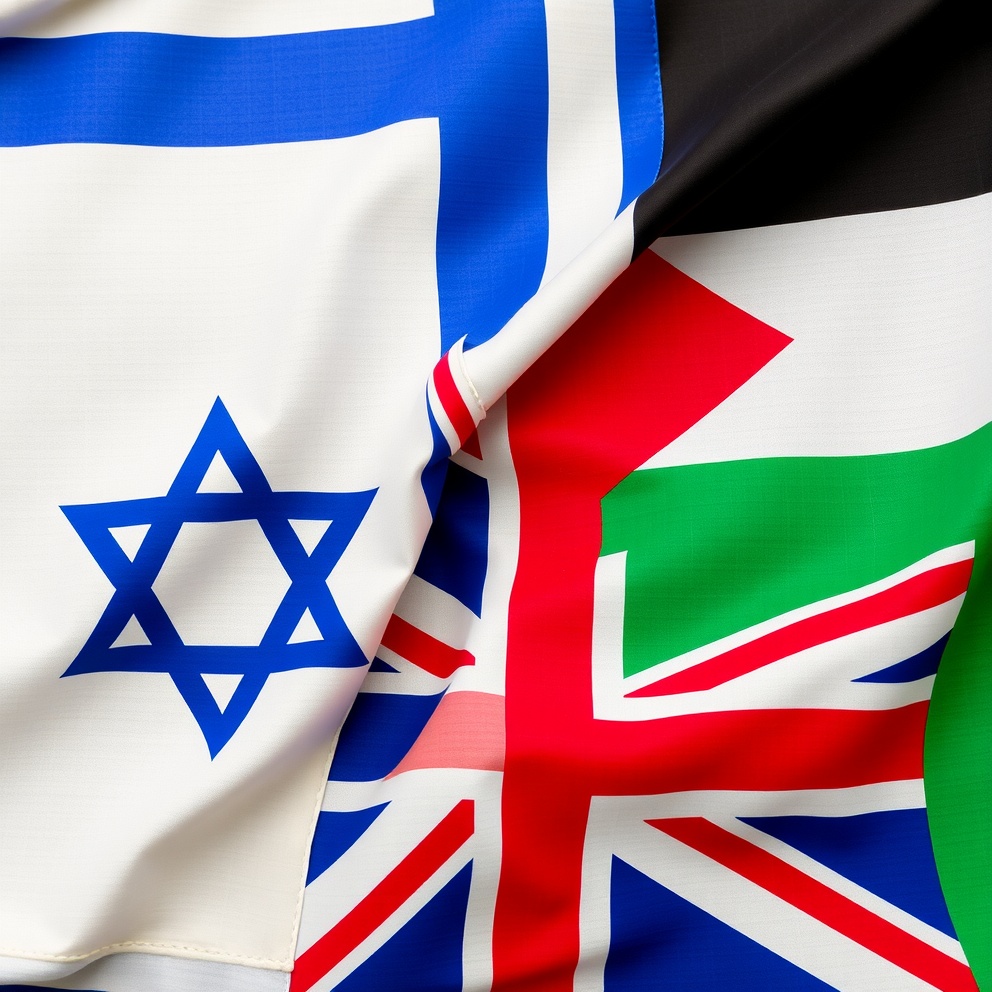The Battle for Europe’s Farms: French Protesters vs. EU Trade Deal
The European Union’s (EU) proposed mega trade deal with Argentina, Brazil, Paraguay, and Uruguay has left French farmers in a state of uproar. The agreement, which aims to reduce tariffs and increase imports and exports, is seen as a threat to the livelihoods of French farmers.
Background:
The EU-Mercosur deal was signed in Uruguay this month, and its implementation would affect nearly 800 million people worldwide. While some experts welcome the deal as a marked contrast to President Donald Trump’s protectionist policies, others are concerned that it will lead to increased competition for European farmers.
As we delve deeper into the situation, it becomes clear that the stakes are high. French farmers like Alix Heurtault, who grows sugar beet, wheat, and barley on a 150-hectare farm near Paris, fear that the deal will make it difficult for them to continue farming. They argue that South American beef, chicken, and sugar imports at lower prices will threaten their livelihoods.
Protests and Demands:
French farmers have been holding protests in recent months, dumping bales of straw in front of the Grand Palais museum and exhibition center in Paris. They chant slogans like “We are feeding you, show us some respect” and demand that the French government block the deal. These protests have caught international attention, with many experts weighing in on the issue.
Some experts like Uri Dadush, a research professor at the University of Maryland, argue that while European farmers will be negatively impacted, this effect will be limited. They point out that under the agreement, Mercosur nations still have limits on what they can export to the EU. However, others disagree with this assessment and believe that the impact will be more far-reaching.
Government Response:
French President Emmanuel Macron has described the trade deal as “unacceptable in its current form.” However, he also emphasizes that the EU needs to reform its agricultural sector and become more competitive globally. This stance highlights the complexities of the issue and the competing interests at play.
As we consider the implications of this mega trade deal, it is clear that there are no easy answers. Some experts believe that the deal will benefit Europe overall, while others are concerned about the potential consequences for French farmers. The debate is ongoing, with no clear resolution in sight.
Expert Opinions:
Chris Hegadorn, an adjunct professor at Sciences Po, believes that the deal would overall benefit Europe, including its farmers. He argues that French cheese and wine producers will benefit from increased exports and that the deal will improve health and environmental standards in Mercosur countries.
However, others disagree with this assessment and believe that the impact will be more far-reaching. They argue that the deal will lead to increased competition for European farmers and threaten their livelihoods.
Conclusion:
The EU-Mercosur trade deal has sparked a heated debate among French farmers, with many fearing that it will harm their livelihoods. While some experts welcome the deal as a way to push for market-oriented reform in the heavily-subsidized EU agricultural sector, others are concerned about the potential consequences of increased competition from South American farmers.
French Farmers’ Demands:
- Block the EU-Mercosur trade deal
- Reform the EU’s agricultural sector to become more competitive globally
- Protect European agriculture and food sovereignty
In conclusion, the battle for Europe’s farms is a complex issue with no easy answers. As we consider the implications of this mega trade deal, it is clear that there are competing interests at play. While some experts believe that the deal will benefit Europe overall, others are concerned about the potential consequences for French farmers.
As the debate continues to unfold, it remains to be seen how the situation will ultimately play out. Will the EU-Mercosur trade deal go ahead as planned, or will pressure from French farmers and other stakeholders lead to changes in the agreement? Only time will tell, but one thing is certain: the stakes are high and the consequences of this mega trade deal could have far-reaching implications for European agriculture.
Speculating About the Impact:
As we speculate about the impact of this mega trade deal on European agriculture, it’s possible that French farmers may lose market share to South American competitors. This could lead to a decline in farm incomes and even job losses.
However, others argue that the deal will benefit Europe overall by increasing exports and improving health and environmental standards in Mercosur countries. They also point out that under the agreement, Mercosur nations still have limits on what they can export to the EU.
The debate is ongoing, with no clear resolution in sight. However, one thing is certain: the stakes are high and the consequences of this mega trade deal could have far-reaching implications for European agriculture.
The Future:
As we look to the future, it’s possible that the EU-Mercosur trade deal will lead to increased competition for European farmers. This could lead to a decline in farm incomes and even job losses.
However, others believe that the deal will benefit Europe overall by increasing exports and improving health and environmental standards in Mercosur countries. They also point out that under the agreement, Mercosur nations still have limits on what they can export to the EU.
Only time will tell how this situation ultimately plays out, but one thing is certain: the stakes are high and the consequences of this mega trade deal could have far-reaching implications for European agriculture.
Conclusion:
In conclusion, the battle for Europe’s farms is a complex issue with no easy answers. As we consider the implications of this mega trade deal, it’s clear that there are competing interests at play. While some experts believe that the deal will benefit Europe overall, others are concerned about the potential consequences for French farmers.
The debate is ongoing, with no clear resolution in sight. However, one thing is certain: the stakes are high and the consequences of this mega trade deal could have far-reaching implications for European agriculture.











Josie
We are feeding you, show us some respect.” It’s a cry for help that resonates deeply with me. In today’s world, it seems like those who toil in the fields, bringing sustenance to our tables, are constantly being marginalized and overlooked.
The experts may argue about the benefits of increased competition and exports, but I’m left wondering: what happens when the little guy is crushed beneath the wheels of progress? The EU-Mercosur trade deal has the potential to be a game-changer for European agriculture, but at what cost?
I’m not sure if anyone has an easy answer to this question. Perhaps that’s why French President Emmanuel Macron said the deal was “unacceptable in its current form.” But unacceptable to whom? The EU-Mercosur trade deal is a reminder that, in the end, it’s not about who benefits most; it’s about who gets left behind.
As I finish reading this article, I’m left with more questions than answers. Will French farmers be able to keep up with South American competitors? Will European agriculture be able to adapt to this new reality? And what happens when the dust settles and the winners are declared?
I suppose that’s the beauty of this story: there is no clear resolution in sight, only a messy, complicated web of competing interests and uncertain outcomes. But one thing is certain: the stakes are high, and the consequences of this mega trade deal could have far-reaching implications for European agriculture.
In short, bravo to the author on a thought-provoking piece that has left me questioning everything.